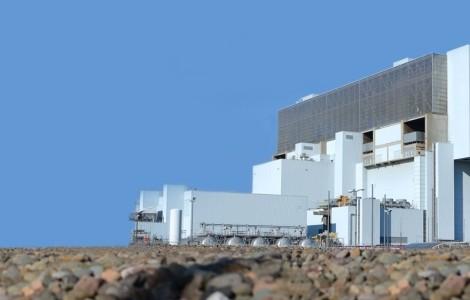Torness power station maintenance boosts local business
A programme of work is underway at Torness power station bringing a boost to the East Lothian economy.
One of the station’s two units (Unit 1) has been taken offline for a major maintenance programme called a statutory outage. This planned 10 week outage is like an MOT for the unit, allowing work to be carried out that cannot take place while the reactor is at power.
At its peak, around 800 additional workers will join the 750 strong site team to deliver this outage, supporting local business as they stay in the area’s hotels, B&Bs and caravan parks and eat in restaurants.
During the outage workers will carry out more than 12,500 separate pieces of work – each carefully planned during the last two years of preparation. Some of the largest jobs include turbine rotor exchange, gas circulator exchanges and inspections, graphite core inspections and generator load switch replacement.
Station Director, Paul Forrest, said: “This £40m maintenance programme supports our ambition to make sure Torness remains a top performing station that can continue to support the UK’s net zero goals.
“This will be the 25th statutory outage we have carried out at the station. We are very well practised at them and over the years, we have built great relationships with the extra workers who come and support us during the outages. These workers will be staying in local hotels and B&Bs, eating in the area’s restaurants and using taxi firms. It is great that our investment in the power station can also benefit our local community.”
EDF carries out a statutory outage on each of its reactors every three years. These are planned in advance with the National Grid to ensure that there is no impact on the national electricity supply. The other reactor at Torness is due to continue operating normally throughout the period.
Over its lifetime Torness has generated enough zero carbon electricity to power every home in Scotland for 29 years and the amount of carbon avoided, compared to gas generation, is the equivalent of taking every car off Scotland’s roads for 20 years.







